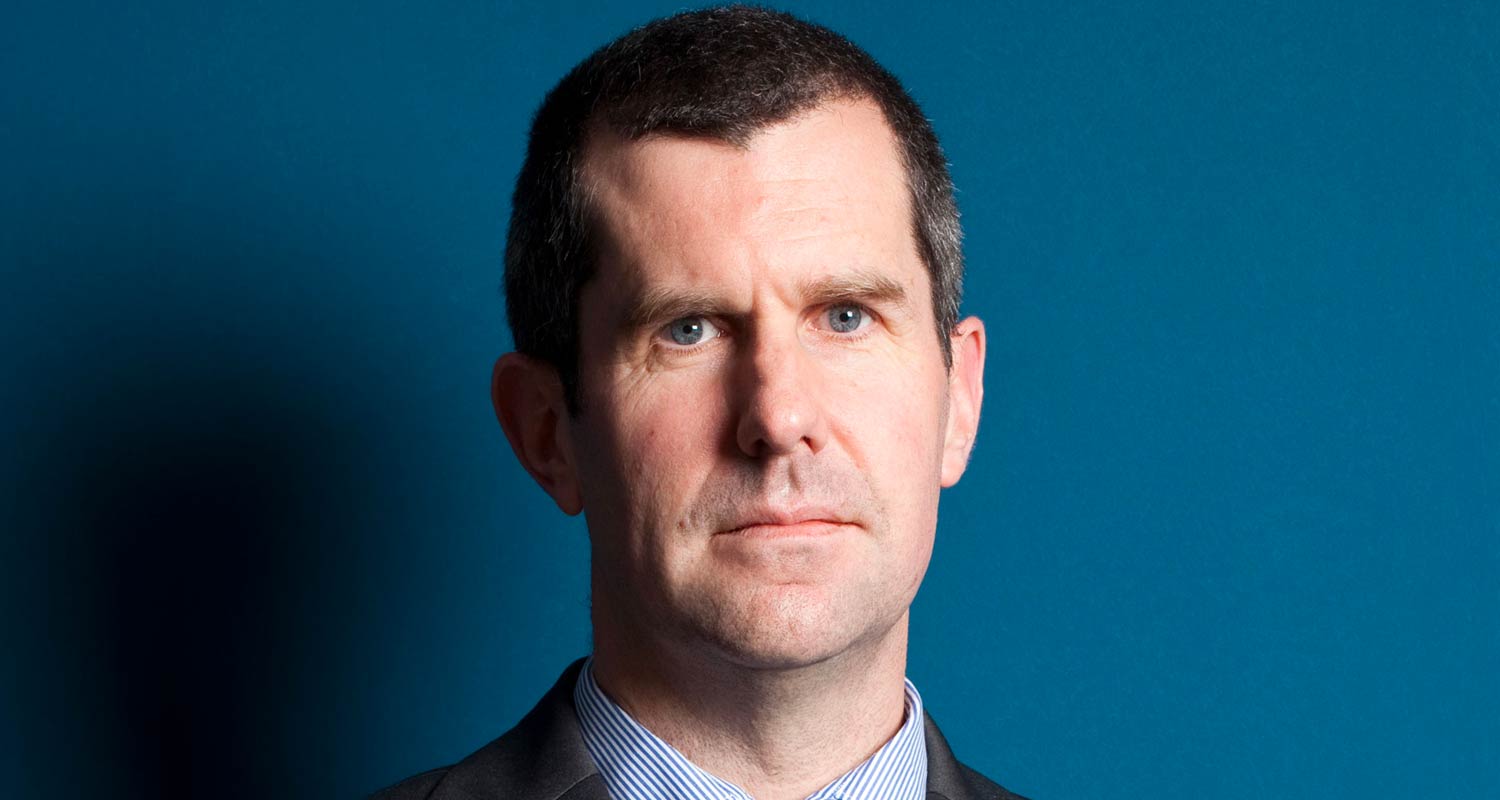 The recent subsea cable breaks between South Africa and Europe appeared to have an outsized impact on Microsoft cloud services in South Africa. But more was at play.
The recent subsea cable breaks between South Africa and Europe appeared to have an outsized impact on Microsoft cloud services in South Africa. But more was at play.
On Thursday, 14 March, four submarine cables – Wacs, Ace, Sat-3 and MainOne – snapped under the ocean off Ivory Coast, impacting internet services across the region. In South Africa, Microsoft struggled to keep its platforms available, with many assuming the two events were directly related.
Office workers across South Africa were left without access to their e-mail, to the Teams video conferencing app and other Microsoft services. Services were fully restored by the weekend of Saturday, 16 March.
Some of the largest banks’ websites were inaccessible for a few hours, while telecommunications operators, including Vodacom, also struggled.
Microsoft said the cable breaks reduced the total capacity supporting its Azure data centre regions in South Africa, namely South Africa North and South Africa West. These refer to Microsoft’s two data centre regions in South Africa, one of which is located in Gauteng, and the other in the Western Cape.
But why would an undersea cable outage thousands of kilometres away affect local data centre services – after all, isn’t half the point of having these facilities located in-country to avoid these types of interruptions? Also, Microsoft’s most direct rival, Amazon Web Services, which operates data centres in Cape Town, appeared to be less impacted. (AWS declined to comment for this story.)
Asked for comment, Microsoft didn’t directly address the issue, saying in an e-mail to TechCentral: “We’ve fixed the service interruption that some customers may have experienced caused by damage to key subsea cable systems which manage traffic in and out of the Africa region. We’ve worked with local partner carriers to implement capacity on new, diverse systems within the region. We also reconfigured some existing infrastructure to get back to pre-impact levels of capacity and remediate impact.”
Jon Tullett, IT services research manager for IDC sub-Saharan Africa, explained that, in fact, there were two related issues playing themselves out simultaneously, impacting access to Microsoft services.
Office 365 outage
“One was the multiple cable outages affecting African internet connectivity, which included access to offshore cloud services. And Microsoft had an Office 365 outage affecting customers in Europe, the Middle East and Africa on specific products,” he said.
“It’s also worth remembering is that this isn’t without precedent. This wasn’t the first Office 365 network-related outage, and not even the first this year.”
On the cable breaks, Tullett said AWS and other cloud providers weren’t affected in the same way, but for many users in Africa, cloud services were unreachable, “regardless of the service provider”.
Read: How African ISPs routed around broken subsea cables
Tullett said Microsoft 365 (previously Office 365) was probably hit hard because “it is a massive and complex productivity software stack, spread across the world; it’s a different beast from solutions which can be fully geographically isolated, whether those are from a competitor or Microsoft itself. It’s not like the entire Azure stack fell over. Some of that difference is implicit, but some is also design and provisioning choices made by Microsoft.”

“In-country Azure IaaS (infrastructure as a service) and in-country AWS IaaS are comparable, and neither was unaffected, for instance. But offshore IaaS was affected, so if you have workloads in South Africa which depended on remote resources – even though they may seem minor – it could have a domino effect.”
Tullett said he spoke to an African financial services provider after the cables incident who had a core software stack fail because a single component dependency was located in an offshore cloud and inaccessible. This caused on-premise software components to fail.
“That highlights several cloud risks, and that’s a big topic in itself. But resilience and continuity need constant testing for curveball outages, and complex hybrid cloud infrastructure is harder to test by definition. That’s true whether you’re an end-user customer or a hyperscale software-as-a-service provider,” he said. – © 2024 NewsCentral Media

